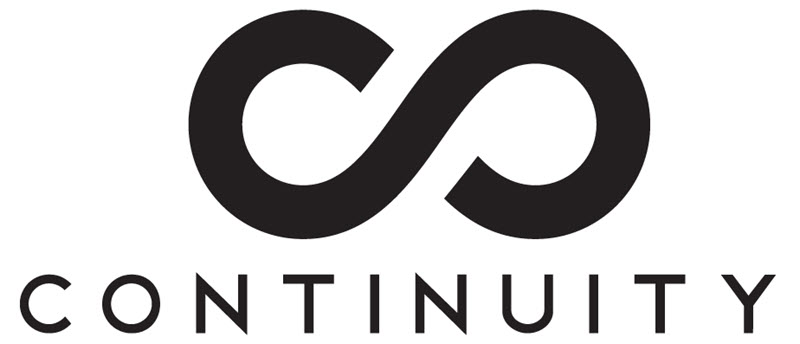In today’s society we, as customers, are falling prey to an epidemic of consumerism. The United States’ economy is profit-driven by large corporations, and while this isn’t a problem in itself, the way the market has shifted towards trends and consumerist tendencies has a significant impact on our purchasing behavior.
If you’ve done any recent social media browsing, you can note the astounding amount of product placement, advertising, and brand deals. On apps like TikTok and Instagram, content creators are making money by pushing products for viewers to consume. Trends have become another source of marketing and are effective in the way they convince people to buy products.
In recent years, TikTok Shop has become popular among users as a place to buy products that are promoted on the app. It has become so widespread throughout the app that a vast majority of videos uploaded are linked to items they are using on the TikTok Shop. Because the items are so easily accessible from the video, people can engage in mindless scrolling and purchasing simultaneously.
When such things are made easily accessible, our purchasing habits grow worse, and it translates from social media into our other hobbies. Consumerism spreads, both overtly and covertly. Some people assume they’re safe because they avoid making big purchases from online shopping, but what they don’t realize is that micro-purchases can drain their bank account just as quickly.
Take video games, a hobby many from our generation thoroughly enjoy. While there are plenty of free-to-play games online, within the games In-App-Purchases are available. IAPs can be anything from extra game currency to cosmetics, to things that make the game slightly easier which cuts down on grinding time. Most of the time these small purchases are a few dollars at most, making users feel like they aren’t spending as much. But the more invested users are in their hobby, the more they spend without realizing these purchases are racking up to a sizable chunk of cash.
Games that are apparently free to play and social media that is supposedly free to use still somehow dominate a large portion of our wallets. This just goes to show that despite our free-market-esque economy, psychological advertising continues to control more of us than we’d like.
It drives us toward consumerism, a disease that can wipe our brains and wallets.
The next time you go to make a purchase online or within your favorite game, think about whether or not you really need it, and the impact it will have on your enjoyment and bank account long-term.







